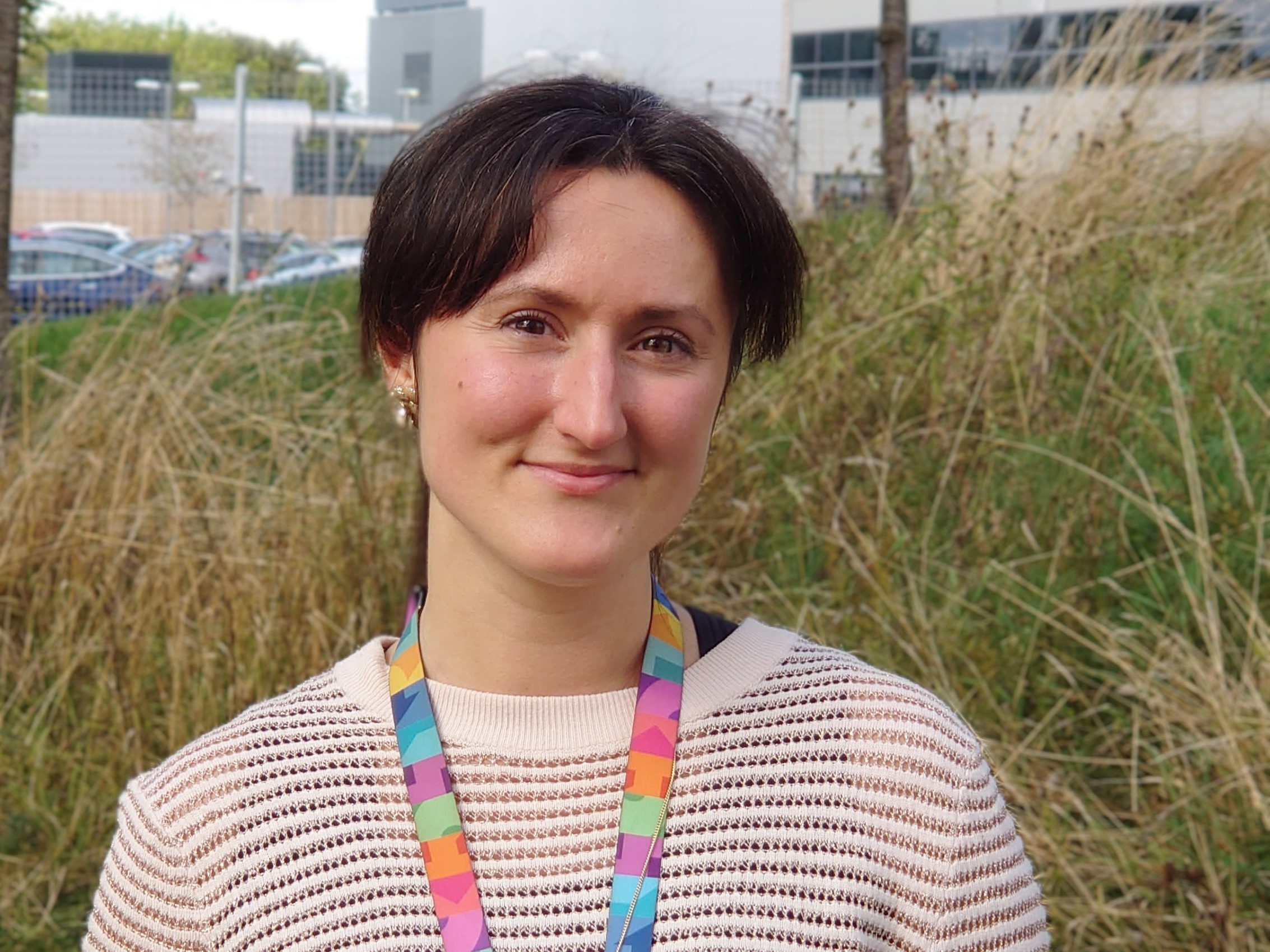
From a young age, Marta was passionate about science. Her favourite subjects in school were chemistry and biology, and her passion for the environment led her to her first undergraduate degree in fishery science. Marta specialised in biotechnology, aquaculture, and tourism. It was the interdisciplinary element that appealed most to Marta, combining ecology and biology, and a little bit of chemistry too.
Originally from Poland, Marta studied for her undergraduate degree at West Pomeranian University of Technology, in Szczecin; but also took part in Erasmus, spending a year at the Humboldt University in Berlin, an, “amazing," place, “like the whole country in one city."
After finishing her degree, Marta decided to move to the UK where she initially worked a number of warehouse and lab technician jobs, then she spent few years in the first admin, then customer service associate role. Finally she decided the time had come, in her own words, “to get back in the lab".
Marta then worked in industry as a lab technician for a few months, before taking up a position at the CLF, working in the Octopus team.
Three years on, Marta has recently been promoted to a new role as a lab manager in the Ultra group, where she coordinates Ultra Facility operations and makes sure that users have everything they need to carry out their experiments, safely. She finds the new role rewarding, and enjoys the hands on element, being “more involved with users, not only preparing the lab, but also from the experimental point of view."
“I feel very lucky working at RAL, because it's a truly inspiring place to be," Marta says, “You can see the ideas being born in front of you. It's also great to feel that you are doing something important and support the world class science. I am very grateful to have a chance being part of this and being able to meet so many creative individuals."
Marta's first paper (Super-Resolution Microscopy Using a Bioorthogonal-Based Cholesterol Probe Provides Unprecedented Capabilities for Imaging Nanoscale Lipid Heterogeneity in Living Cells) was published this summer. She was also a member of the team who explored the replication cycle of the SARS-CoV2 virus, work recently published in Nature Communications which you can read more about here.
